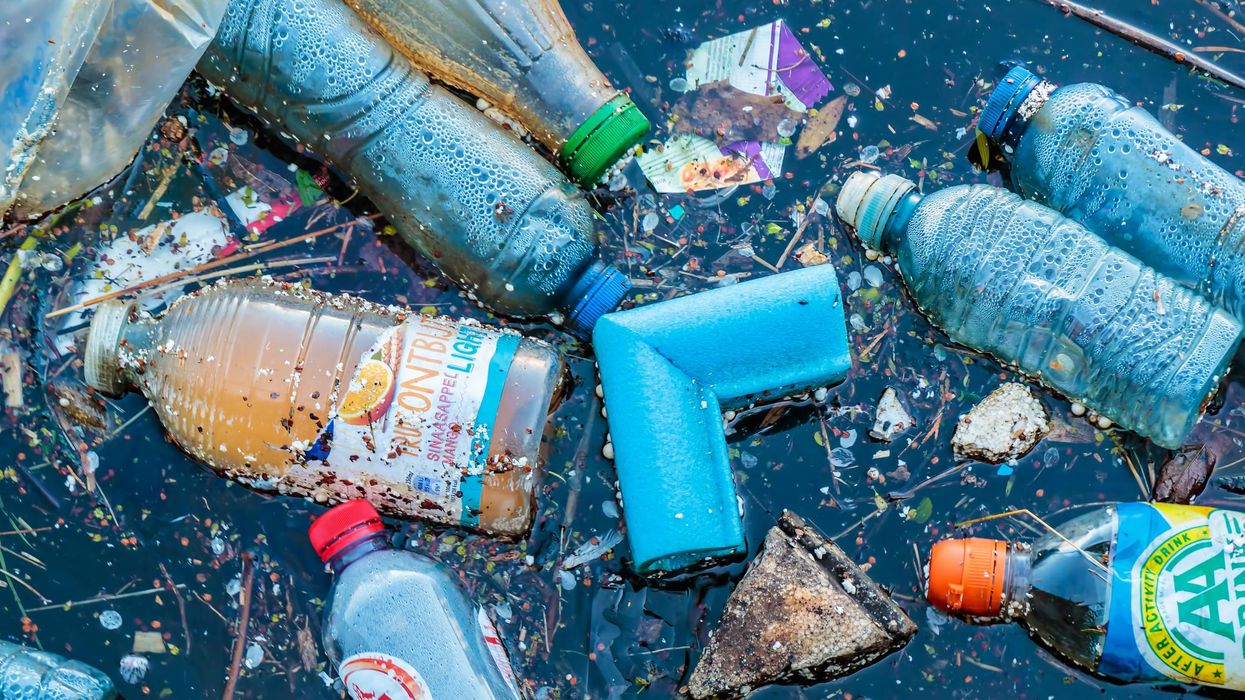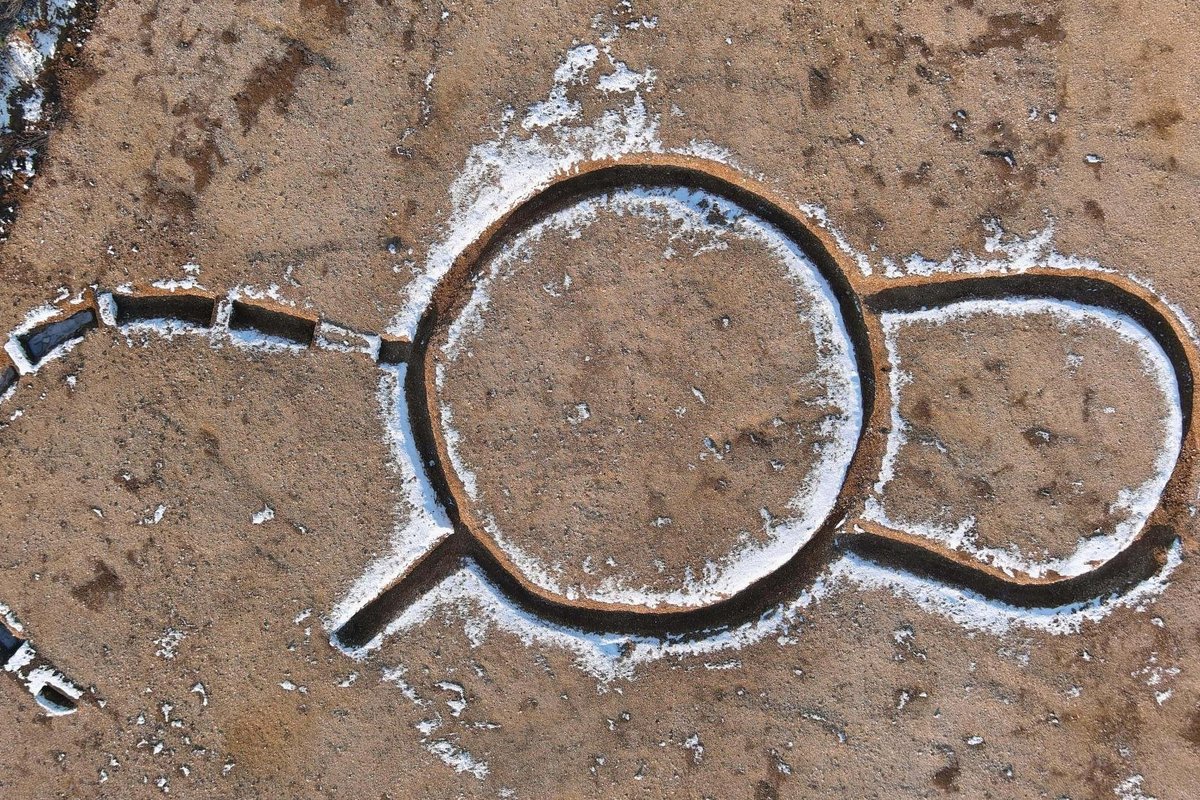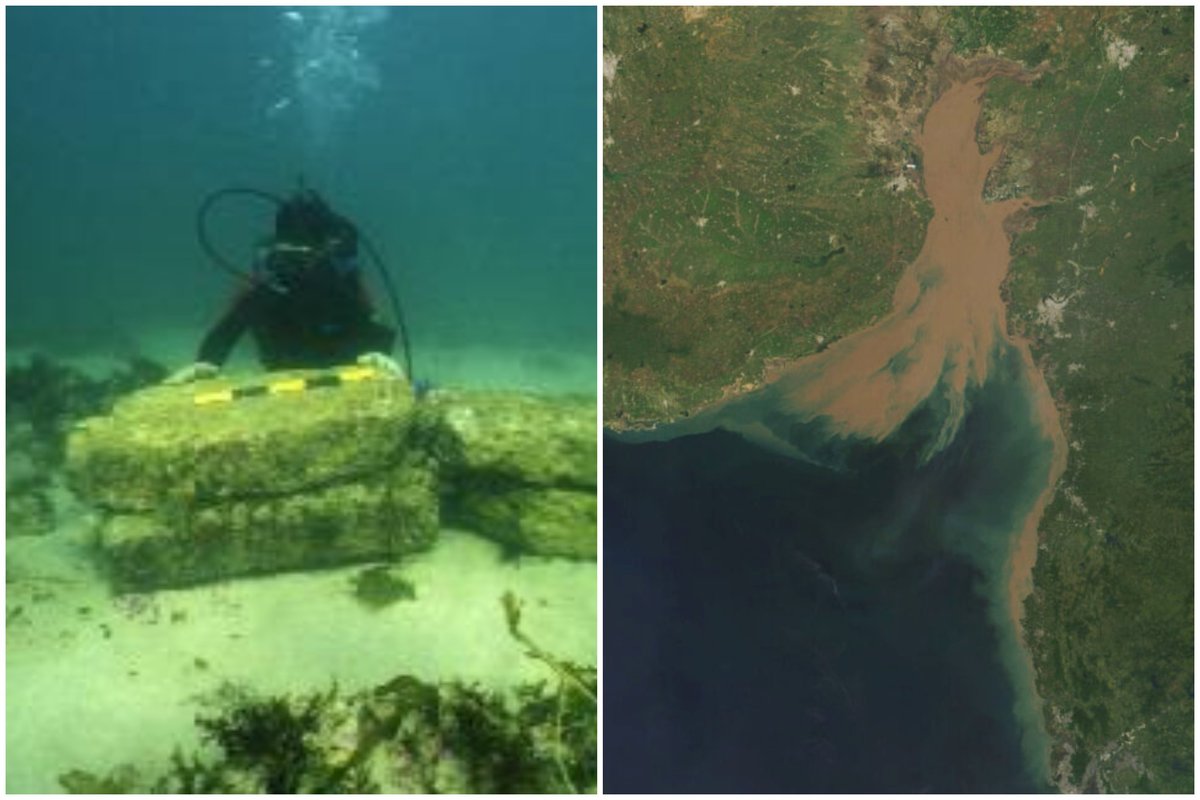News
Greg Evans
Jun 08, 2018
If you watched the latest series of Planet Earth with David Attenborough you won't need us to tell you that the world has a major problem with plastic.
There are around 13 billion tonnes of plastic waste on Earth at the moment and if it continues at its current rate it will outweigh all the fish in the sea by 2050.
That depressing fact seems almost irreversible, as plastic is a notoriously hard material to dispose of, and is even more demoralising when you learn of the huge masses of plastic that are clogging up areas of the Caribbean, Pacific and Mediterranean.
This shouldn't be the case though and although you are likely to use plastic in almost every part of your day-to-day life there are several, very easy ways to prevent how much plastic you are wasting every day.
1. Use a bag for life.
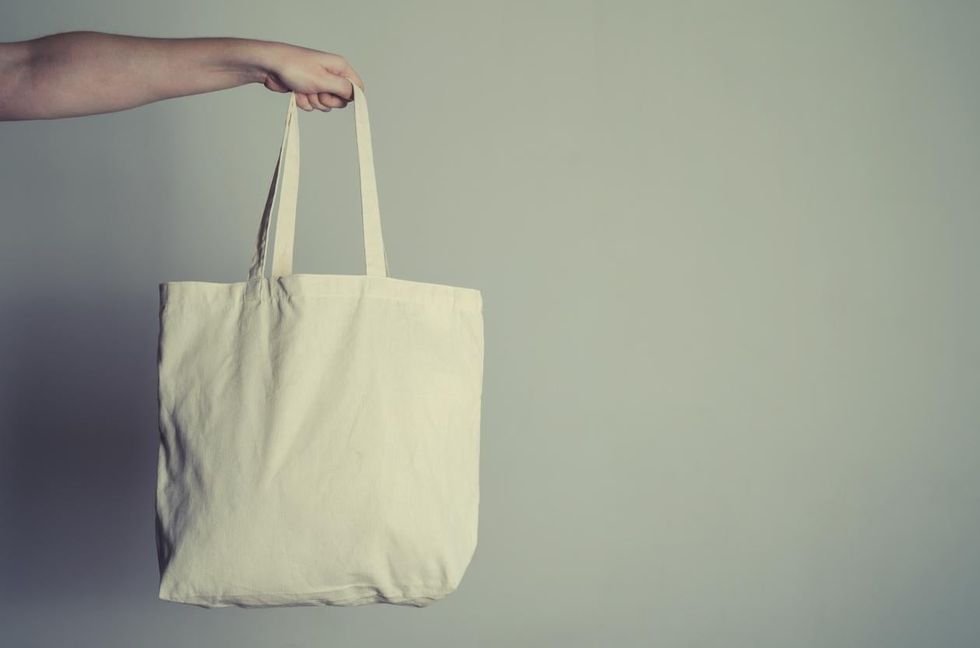
This one should be the easiest of all especially as most supermarkets and stores now charge for plastic bags that a far more durable than they used to be.
Keeping hold of these bags and reusing them or using a sustainable bag for life which will last you more than a few years is a great way to cut out the needless necessity of a plastic bag.
Just so long as you remember it every time you pop out to the shops.
2. Reusable bottles and cups.
This is something that you may already do but by carrying around a refillable plastic bottle for water is a very logical and cheap way of keeping yourself hydrated.
Overpriced bottle of water need no longer be a part of your life.
Furthermore, consider buying your own travel-friendly coffee mug or flask and take it with you whenever purchasing a coffee. Nearly all high street cafes will be more than happy to fill it up for you and some even offer a reduced price.
3. Don't use straws.
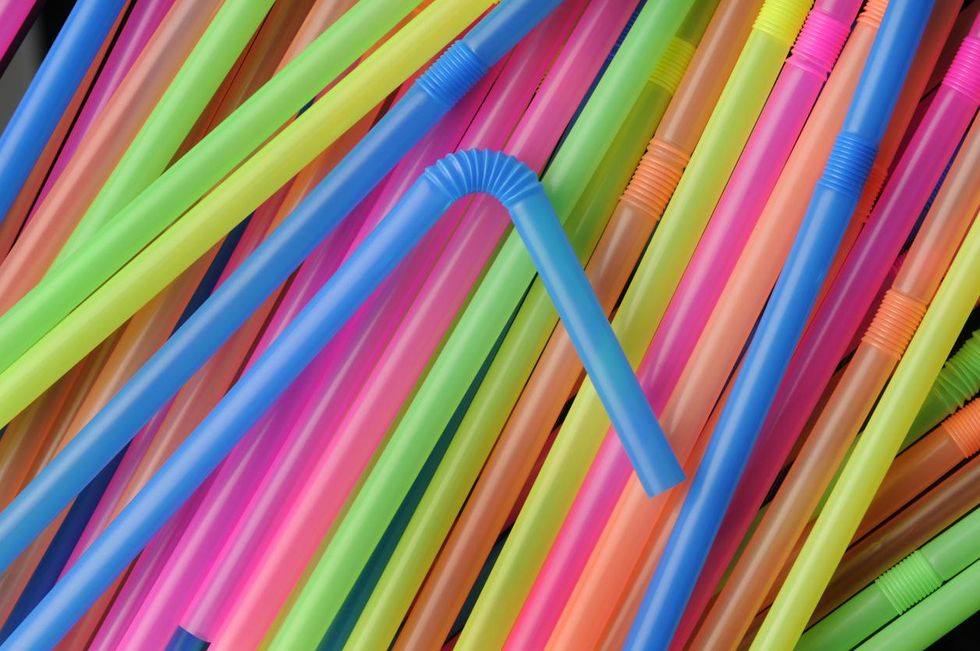
Plastic drinking straws are handy if you want to consume a drink slowly or not stain your teeth but they are unfortunately an environmental hazard.
Straws crop up almost everywhere. At restaurants, bars and the takeaway. Should you feel that you don't require one simply say so. No one is going to be offended.
However, if you simply can't do without a straw then invest in a glass or plastic straw and take it out with you.
4. Carry your own cutlery.
Much like straws, plastic cutlery is everywhere and it is easy just to pick up a fork to tuck into the salad you have just bought from Marks and Spencer.
If you are prone to doing this then why not take in a fork, spoon or knife to the office or workplace every day?
In addition look out for biodegradable cutlery. It will be a bit more pricey than taking in a fork from the kitchen but at least you'll be doing your part to save the planet.
5. Use matches instead of lighters.
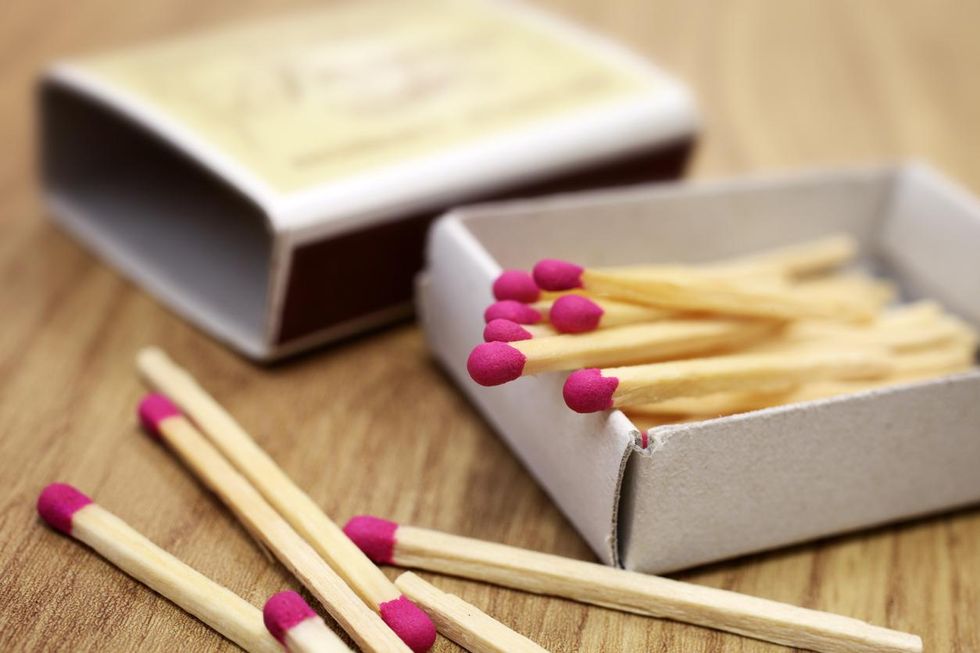
Whether you are a smoker or just simply trying to light the stove the go-to-device for lighting such objects are nearly always lighters.
Although they are cheap and readily available, lighters can often sit in landfill sites for years and even worse can kill small animals who unfortunately eat them.
Rather than use the lighters switch to matches. They are a bit more difficult to light but won't harm the environment.
6. Use detergent boxes.
We aren't talking about the kind of boxes that you would use to move house or store old books in.
This applies to whenever you are buying laundry detergent or soap which can often come in big plastic bottles that aren't always recyclable.
Look out then for the big cardboard boxes of detergent which you can find in almost any laundry aisle in the supermarket.
They are much easier to recycle and the contents will probably last you a bit longer too.
7. Switch to cloth nappies.
If you are a parent there is probably nothing you hate more than dirty nappies. Despite them carrying unspeakable things from your child they also take 500 years to decompose which really doesn't seem worth it.
Instead, consider the cloth variety which yeah, we know, isn't the easiest and cleanest way to dispose of human waste but it is a lot friendlier on the environment and will save you some cash too.
8. Pack your own lunch.
We know how easy it is to nip out onto the high street at lunchtime and pick up a meal deal but they nearly always contain materials which aren't recyclable and probably do more damage than the £3 that they cost you.
Packing your own lunch not only guarantees you exactly what you want and really cost-efficient but it is worth considering how you pack your lunch.
Rather than use sandwich bags or cling film use reusable containers for your lunch. Not only will you be a bit more flush in your bank account you can also help the planet out too.
9. Grown your own fruit and veg.
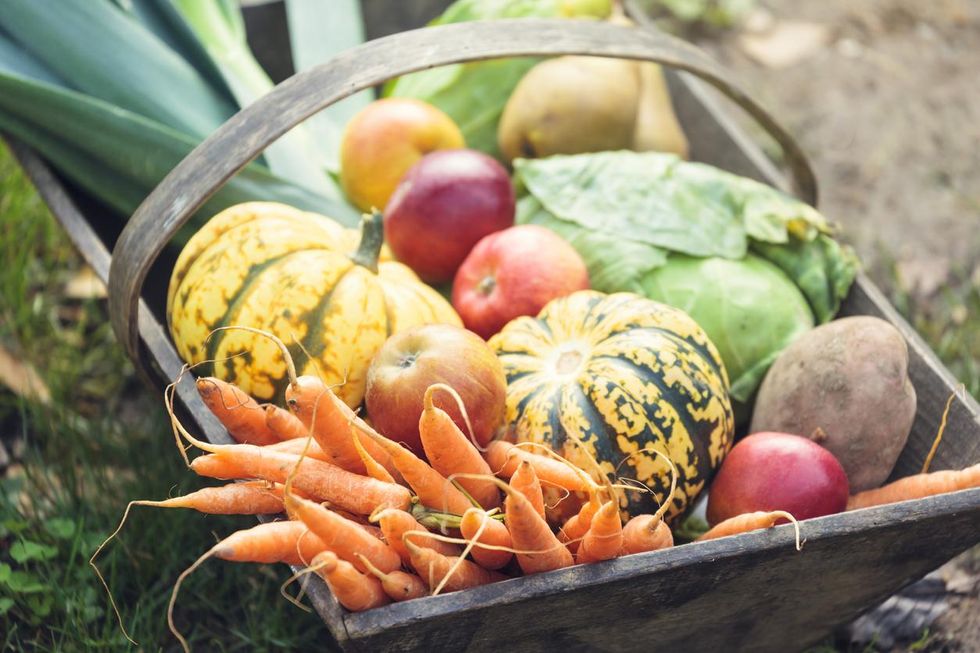
This one is a bit more demanding and tasking and will require you to have green fingers in the garden but the rewards are worth it.
If you do decide to take up gardening and growing your own food you won't have to worry about pesticides or chemical fertilisers anymore as you will know exactly what has happened to the food.
If you don't have access to a garden, allotment or appropriate area to grow stock of this kind seek out 'zero-waste' shops where you have to bring your own containers to purchase the goods.
More: "This is disgusting": Children react to seeing plastic pollution in the ocean
More: Brits think higher taxes will reduce plastic pollution - but won't pay more, study suggests
Top 100
The Conversation (0)
x
